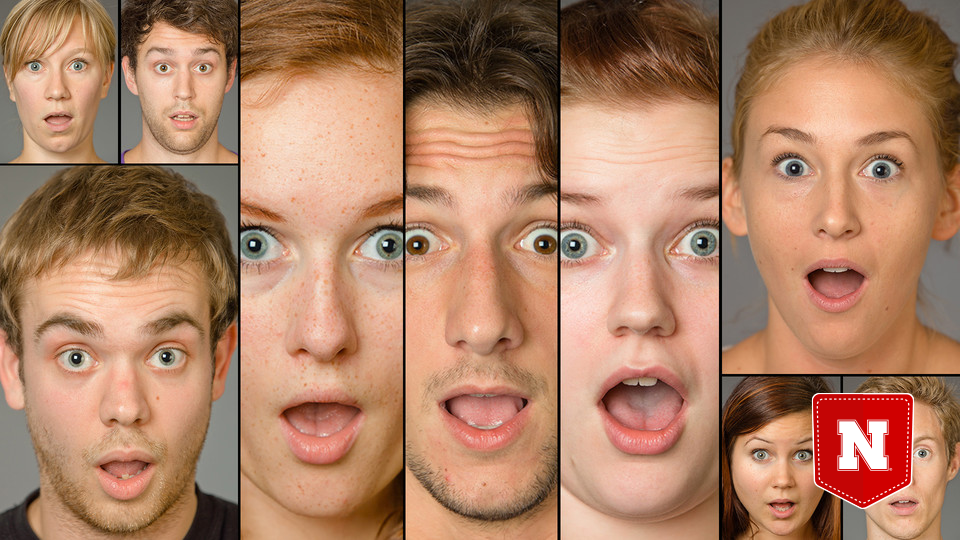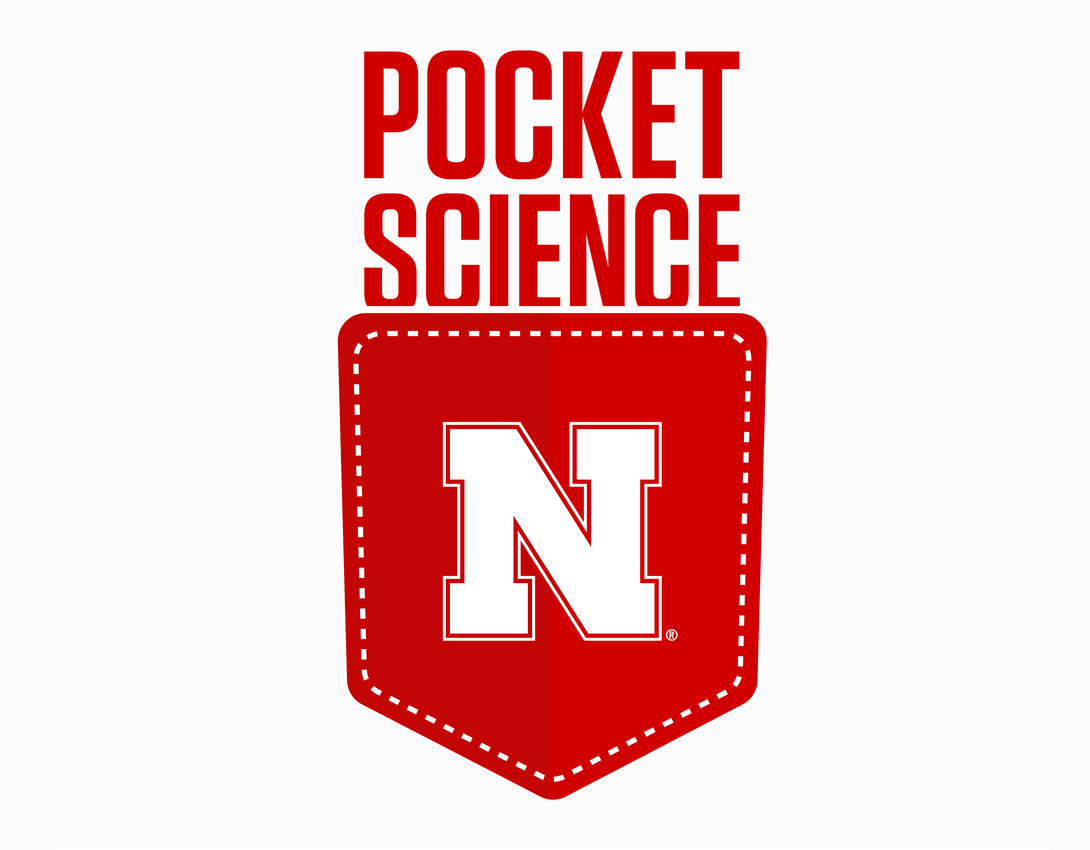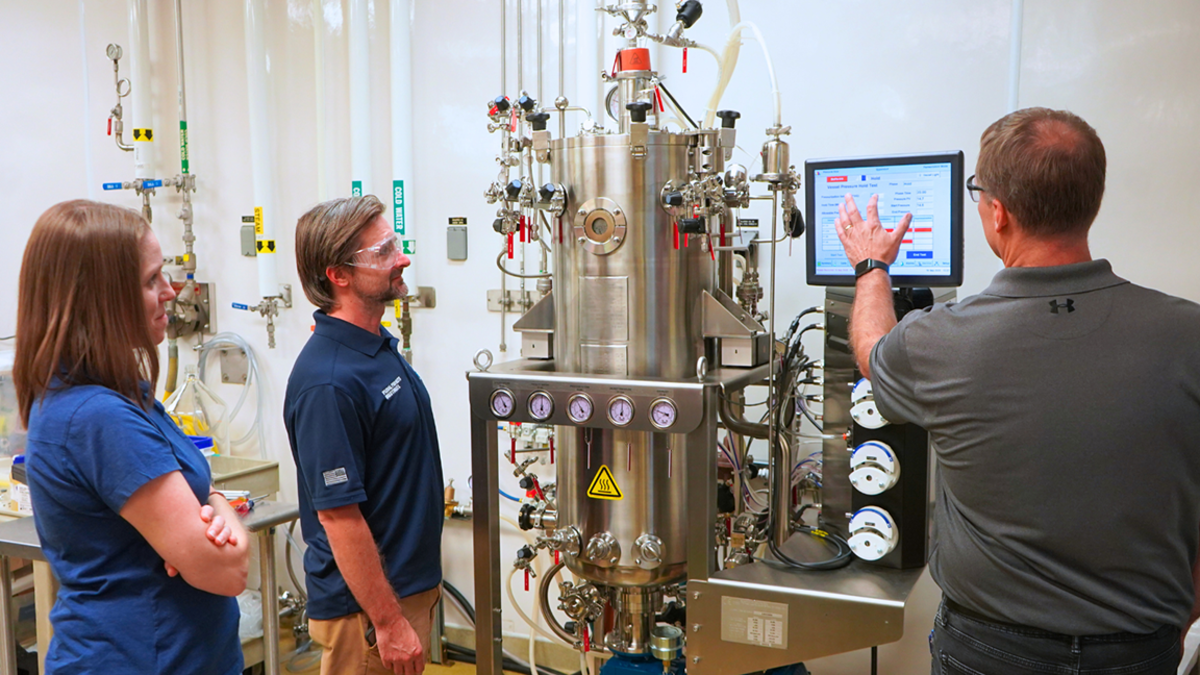
Welcome to Pocket Science: a glimpse at recent research from Husker scientists and engineers. For those who want to quickly learn the “What,” “So what” and “Now what” of Husker research.

What?
Stress manifests itself in the human body when the adrenal glands release the hormone cortisol to maximize the body’s energy stores. But increases of the hormone also cause health problems such as immunological issues, weight gain and elevated blood sugar.
It also affects the decisions people make, and Husker researchers Catherine Brown and Maital Neta with the University of Nebraska-Lincoln’s Center for Brain, Biology and Behavior have published a study that helps explain why.
So what?
The study’s findings link increased cortisol levels during and after stress to a greater negativity bias, meaning stressed-out individuals are more likely to view ambiguous social cues, such as a surprised facial expression, in negative ways.
The body’s stress response leads to a tendency to perceive ambiguous social cues as negative, which can have adverse effects on emotional and behavioral responses. In other words, being stressed out can lead an individual to have a more pessimistic view of the world around them. The findings also add to the growing body of research that helps explain the relationship between stress and depression and anxiety disorders.
Now what?
The findings further help understand how the body’s response to the stressors of daily life can drive interpretation of social cues and decisions, which in turn shape behavior. While these results fit with what researchers already know about the brain’s response to stress, future research will create a clearer link between cortisol, brain activity, and emotional decision-making. Future research will also help to understand resilience to stress and how we might overcome this stress-related negativity.







